Engineering Design

Educators and Parents, Sign Up for The Cheat Sheet
Weekly updates to help you use Science News Explores in the learning environment
Thank you for signing up!
There was a problem signing you up.
-
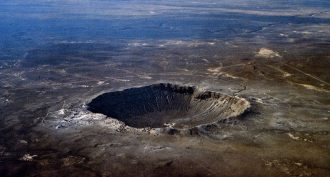 Chemistry
ChemistrySmash hit: Making ‘diamond’ that’s harder than diamonds
Scientists had suspected extreme meteorite impacts might turn graphite into an unusual type of diamond. Now they’ve seen it happen — in under a nanosecond.
By Beth Geiger -
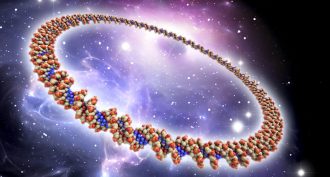 Genetics
GeneticsGenes: How few needed for life?
Scientists rebuilt a microbe using its old genes. But not all of them. They used as few building-blocks as they could get away with and still have the life-form survive.
-
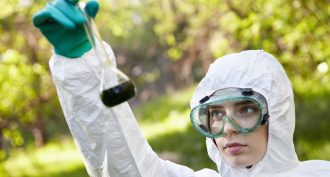 Microbes
MicrobesMicrobes mine treasure from waste
Like miniature factories, bioreactors house microbes recruited to chew through wastes to clean dirty water, make chemicals or generate electricity.
-
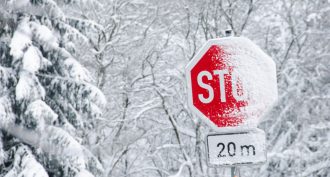 Tech
TechGoo-oozing deicer protects surfaces
New, slime-oozing coating might someday help reduce ice and snow buildups on road signs and aircraft wings. The inspiration? The goo produced by slugs.
By Sid Perkins -
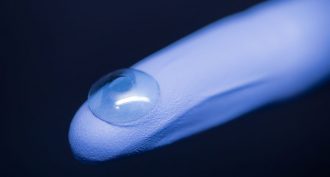 Tech
TechPlastic that mimics insect wings kills bacteria
A new ‘antibiotic’ plastic uses nanotechnology to mimic the hairs on insect wings. Then ouch! Bacterial cells that land on it end up stabbing themselves to death.
-
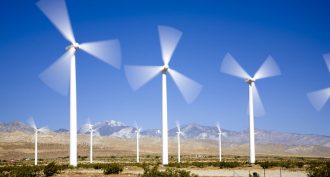 Tech
TechCool Jobs: The power of wind
Science and engineering careers explore all aspects of wind, from terrible tornadoes to aeronautics and clean energy.
-
 Brain
BrainWhen smartphones go to school
Students who use smartphones and other mobile technology in class may well be driven to distraction. And that can hurt grades, studies show.
-
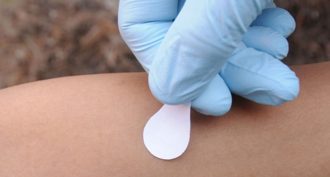 Tech
TechOuchless measles vaccine could save lives
A new ‘ouchless’ vaccine patch that uses dissolving microneedles could make efforts to vaccinate against measles more practical.
-
 Animals
AnimalsPicking a better porch light
Lights can vary in brightness and ‘color’ — even those that are sold as white. A new study tested which lights attracted the most bugs.
By Sid Perkins -
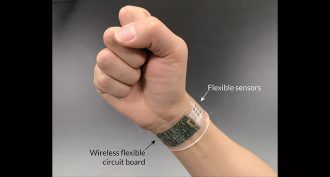 Health & Medicine
Health & MedicineFlexible electronics track sweat
A flexible, wireless health monitor that can wrap around the wrist tracks temperature and analyzes sweat to detect signs of too much water loss.
By Meghan Rosen -
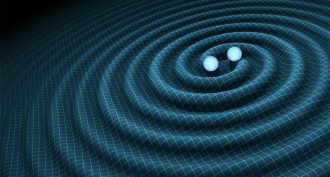 Physics
PhysicsExplainer: What are gravitational waves?
Albert Einstein had predicted that large catastrophes, like colliding black holes, should produce tiny ripples in the fabric of space. In 2016, scientists reported finally detecting them
By Christopher Crockett and Andrew Grant -
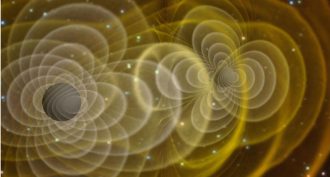 Physics
PhysicsHow to catch a gravity wave
Physicists have just announced finding gravity waves. The phenomenon was predicted a century ago by Einstein’s theory of general relativity. Here’s what it took to detect the waves.